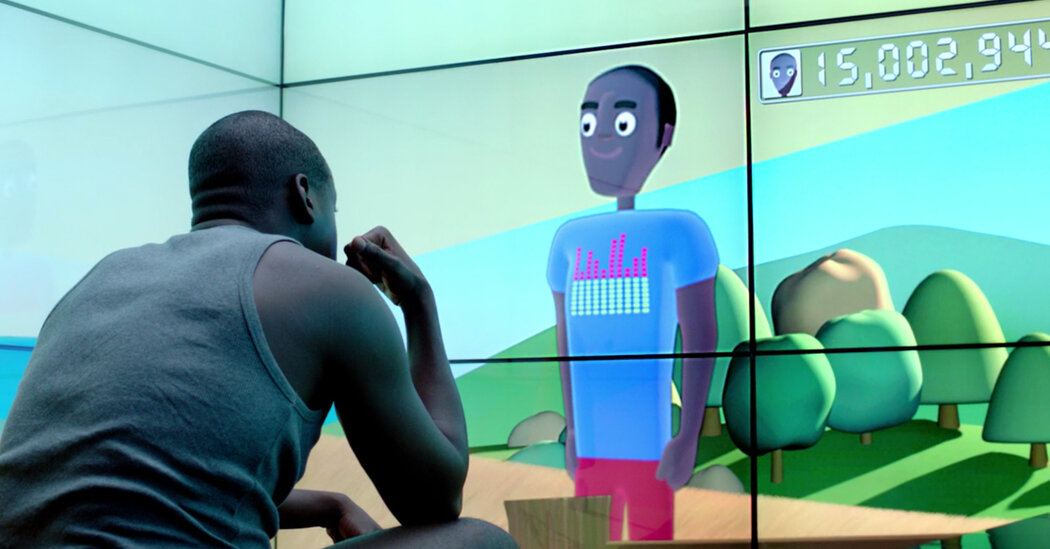Introduction to ‘Black Mirror’
Since its debut in 2011, the critically acclaimed series ‘Black Mirror’ has captured audiences with its dystopian vision of the future. Each episode extrapolates current technological trends to their extreme, often resulting in unsettling and thought-provoking scenarios.

The series serves as a mirror to the 21st century’s pressing issues, including surveillance, consumerism, artificial intelligence, social media, data privacy, and virtual reality. Through its anthology format, ‘Black Mirror’ explores the ramifications of unchecked technological advancement and societal dependence on digital innovation.
Recent Developments and Season 7
The latest season, Season 7, now streaming on Netflix, continues this tradition by examining themes like memory alteration, the volatility of subscription services, and the consciousness of artificial intelligence. As usual, it offers a chilling look at a possible future shaped by our current technological trajectories.
Retrospective: Themes from Past Episodes That Are Becoming Reality
Several episodes from earlier seasons have predicted or paralleled real-world technological developments, making their fictional warnings eerily prescient. Here is a closer look at a few of these episodes:
‘Be Right Back’
Season 2, Episode 1
Released in the early 2010s, this episode explored the concept of digitally resurrecting loved ones through artificial intelligence. Interestingly, shortly after its premiere, services began emerging that allowed users to reconstruct personalities using social media data, messages, and recordings.
Impact of Artificial Imitations and Humanoid Robots
- After the tragic death of Martha’s partner, Ash, she learns about an online service capable of creating an AI replica of him based on his social media footprint, voice recordings, videos, and online communications.
- Initially skeptical, Martha considers the service when she discovers she is pregnant, seeking comfort and companionship from the AI version of Ash.
- As their interactions deepen, Martha begins neglecting her real-life relationships, and eventually, she decides to have a physical android modeled after Ash constructed for her.
- However, the more she interacts with the android, the more she senses an uncanny valley effect, raising questions about authenticity and the nature of consciousness.
Conclusion
This episode’s themes resonate today, as technological advancements increasingly enable virtual recreations of individuals, raising ethical and emotional questions about authenticity, grief, and the implications of artificial consciousness.

Leave a Reply